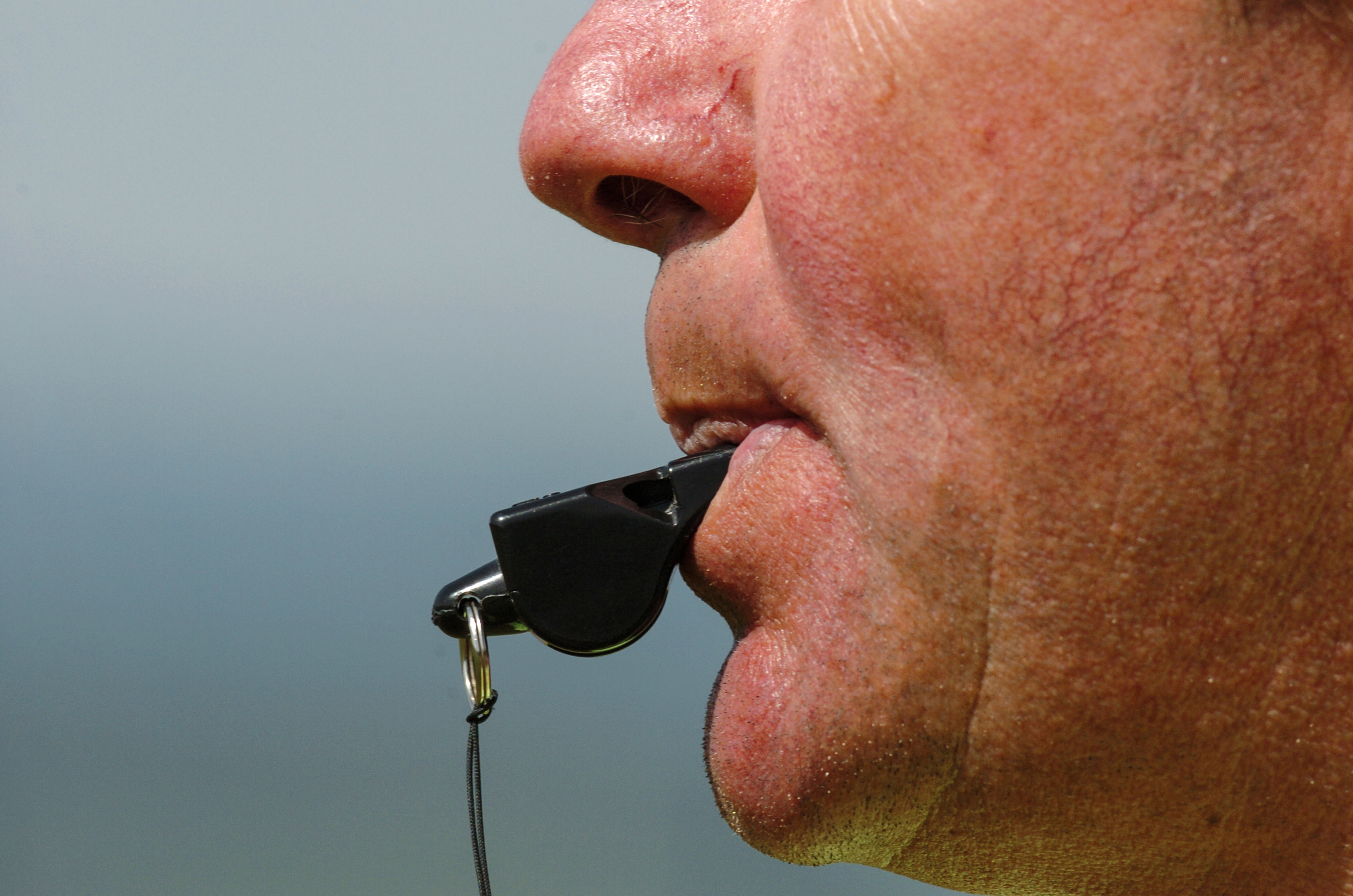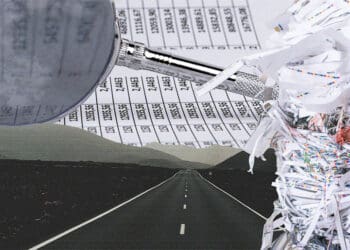with contributing author Montse Ferrer
Anti-corruption whistleblowers have never been as protected and rewarded as they are today. China and India have recently followed the United States’ lead in enacting legislation to protect whistleblowers. The United States also rewards whistleblowers with up to 30 percent of the amount collected for certain violations if over US$1 million. Despite these enhanced rewards and protections, these whistleblowing laws also pose new and significant risks for all of those involved – from the company to the whistleblower itself.
Dodd-Frank Rewards
In the United States, the Dodd-Frank Wall Street Reform and Consumer Protection Act (Dodd-Frank) rewards whistleblowers who voluntarily provide “original information” that leads to an enforcement action resulting in sanctions greater than US$1 million with an award of 10 to 30 percent of any amount recovered by the Security and Exchange Commission (SEC). Since these provisions came into effect, the SEC has awarded over US$45 million to 14 whistleblowers.
One recent whistleblower award recipient was an employee who performed audit and compliance functions, a category of employees generally not considered eligible for such awards. In this case, however, the whistleblower fit within an exception, presumably having obtained information of internal wrongdoing by virtue of his/her compliance role, reporting it internally and waiting for 120 days for the company to take reasonable steps to respond and/or report the incident to the SEC. When the company failed to do so, the compliance officer disclosed the incident to the SEC. The SEC’s decision to award the individual US$300,000 has been criticized as encouraging disclosures by personnel engaged to help prevent, detect and address wrongdoing internally, rather than disclose it externally.
Dodd-Frank Limitations
Since the enactment of the Dodd-Frank Act, whistleblower reports to the SEC for violations of the Foreign Corrupt Practices Act (FCPA) have continued to increase, in and outside of the United States. In fact, the SEC’s latest and largest award, US$30 million, was given to a whistleblower living outside the United States. However, while overseas whistleblowers may receive generous rewards, they may not receive a corresponding level of protection against retaliation.
In August 2014, the U.S. Court of Appeals for the Second Circuit found that Dodd-Frank’s anti-retaliation provisions do not apply extra-territorially, even if the awards program does. In the case of Liu Meng-Lin v. Siemens AG, a former compliance officer for Siemens China allegedly reported concerns to management that Siemens employees were making improper payments to Chinese and North Korean hospital officials in violation of the FCPA. After reporting these practices to management, Siemens allegedly restricted Liu’s authority as a compliance officer, demoted him and ultimately fired him. Liu then filed a report to the SEC and brought an action in the U.S. District Court for the Southern District of New York against Siemens for violation of Dodd-Frank’s anti-retaliation provisions.
The Second Circuit’s decision limiting the extraterritorial application of Dodd-Frank’s anti-retaliation provisions has left overseas FCPA whistleblowers vulnerable to employer retaliation. The Second Circuit did not address the issue of whether Dodd-Frank’s protections apply to employees who blow the whistle internally rather than to the SEC. The potential implications for companies are troubling, as this may indicate to employees that they will only be protected if they disclose the alleged FCPA violations to the SEC without giving the company a chance to investigate, remediate or self-disclose them.
India and China’s Anti-Retaliation Legislation
In India and China, recent legislation has made very clear that anti-retaliation protection will be provided to whistleblowers in some measure, even though monetary rewards (if any) will be minimal.
On May 14, 2014, India approved the Whistleblowers Protection Act, which gives the Central Vigilance Commission the power to order that whistleblowers who suffered employment retaliation be restored to their prior positions. In addition, the burden of proof is placed on the public official to show that any adverse action taken against a whistleblower was not in retaliation. The law ensures confidentiality and penalizes any public official that reveals a complainant’s identity, without proper approval, with up to three years imprisonment and a fine of up to INR50,000 (US$810).
However, whistleblowers can themselves be subject to imprisonment (up to two years) and fined up to INR30,000 (US$490) for false or frivolous complaints. In addition, the law lacks criminal penalties for physical attacks or civil penalties for workplace retaliation against whistleblowers. Although there is much concern regarding the implementation of the Act, there are also high expectations following the recent election of Narendra Modi who ran on a pro-business, anti-corruption platform.
On October 27, 2014, China’s Supreme People’s Procuratorate announced the second amendment to the Rules Dealing with Whistle-blowing by the People’s Prosecutor (Rules) which set out for the first time the various rights and protections afforded to whistleblowers. In particular, Article 8 provides that whistleblowers can remain anonymous, make status inquiries of the investigation after reporting the wrongdoing, appeal any refusal to investigate by the local People’s Procuratorate, request protection from harm to person or property and, under certain conditions, receive a reward. But the Rules urge whistleblowers to file their reports via official channels and to do so in a “lawful manner” without falsifying the truth. The fear is that whistleblowers who report wrongdoing through other means, such as the press or social media, will not be afforded the same (if any) level of protection.
Companies prepare!
These developments indicate the significant reliance on whistleblower reports for enforcement agencies across the world. But they also raise new risks for companies operating in Asia.
- The allure of potential rewards available through the SEC continues to represent a significant incentive for whistleblowers and a corresponding source of concern for companies. Although only 0.0014 percent of SEC whistleblower reports have resulted in awards, a whistleblower expert has described them as “what it takes to have an employee risk everything.”1 Thus, companies should continue to consider them a significant risk worth managing.
- SEC monetary incentives are having an impact inside and outside of the United States, although unsupported by extra-territorial anti-retaliation protection. For example, the number of whistleblowing tips the SEC received from China increased from 10 in 2011 to 27 in 2012 and 52 in 2013. Further, China was the third-largest source of tips to the SEC outside the United States in 2013, behind the UK and Canada, with India coming in fifth.
- The SEC seeks “high-quality original information” that can allow it to “more quickly unearth and investigate violations.” Sources with this degree of information will tend to be insiders who are very close to the wrongdoing, including audit and compliance officers. Companies should remember to address every legitimate concern, especially those raised by the closest insiders.
- Companies must ensure that a preliminary review is conducted within 120 days after receipt of a whistleblower complaint and that a report is filed with the SEC, if appropriate.
- Governments across Asia are governing on anti-corruption platforms in response to their constituents’ demands, significantly increasing whistleblower platforms. Accordingly, companies operating in Asia should prepare for enhanced whistleblower legislation.
1 Paul Sullivan, “The Price Whistle-Blowers Pay for Secrets,” The New York Times, September 21, 2012.



 Wendy L. Wysong is a partner at
Wendy L. Wysong is a partner at 










